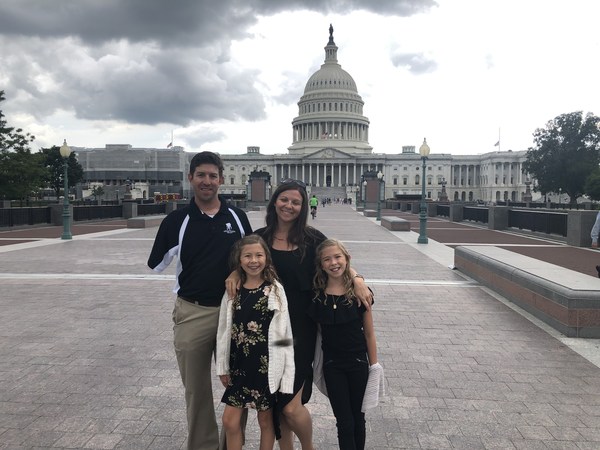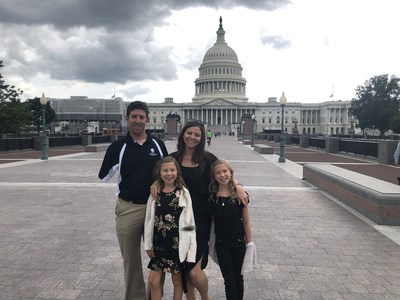Wounded Warrior Project: Senate Passes H.R.3504 -- Ryan Kules and Paul Benne Specially Adaptive Housing Improvement Act of 2019
WASHINGTON, April 2, 2020 /PRNewswire/ -- H.R.3504 – The Ryan Kules and Paul Benne Specially Adaptive Housing Improvement Act of 2019 reached a significant milestone when the Senate approved it on March 26. The bill, which is named after Army Capt. (Ret.) Ryan Kules, now sits with the House for a vote.
"Wounded warriors face unique challenges while recovering from their injuries throughout their lives," said Kules, Wounded Warrior Project® (WWP) combat stress recovery director. "Young veterans who are going to get married or have families will have changing needs in their homes over the years. The Specially Adaptive Housing benefit has helped me tremendously, but I saw the limitations of the old funding and timing limits. The changes made to this benefit will help ensure wounded veterans' homes can be adapted as our needs change throughout our lives."
Currently, the total maximum benefit is $85,645, and a veteran or service member can access these funds up to three times and cannot exceed the capped amount. The updated bill will allow veterans to use this benefit every 10 years, increase the cap to over $98,000, and expand usage from three times to six times. Eligible grantees include those who have lost the use of both arms or both legs, or one leg and one arm; those who are blind in both eyes; and those who have certain severe respiratory injuries or certain severe burns.
"The Ryan Kules and Paul Benne Specially Adaptive Housing Improvement Act of 2019 will make reasonable changes to an existing, critical benefit that has helped many of America's wounded veterans and their families," said WWP CEO Lt. Gen. (Ret.) Mike Linnington. "We're grateful to Senators Jerry Moran and Kyrsten Sinema for their leadership and stewardship of this bill. We hope the House will vote to approve this critical legislation."
The passage of this bill is a major legislative priority for WWP during the 116th Congress. Learn more about WWP's legislative priorities and how we work with our nation's leaders to improve the lives of wounded veterans and their families.
About Wounded Warrior Project
Since 2003, Wounded Warrior Project® (WWP) has been meeting the growing needs of warriors, their families, and caregivers — helping them achieve their highest ambition. Learn more.
SOURCE Wounded Warrior Project


